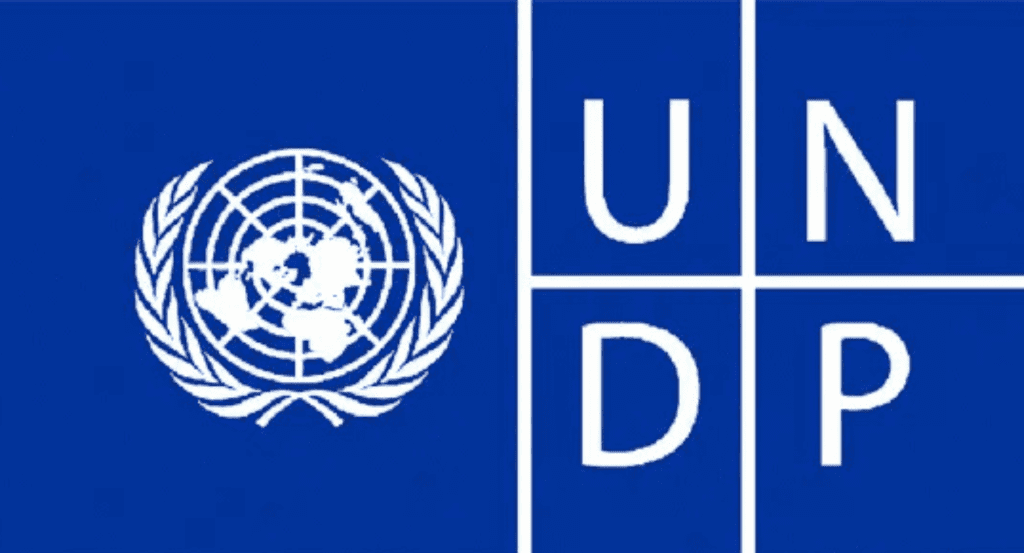At the 2024 African Economic Conference (AEC) held in Addis Ababa, researchers, policymakers, and development experts emphasized actionable strategies to address the continent’s pressing challenges. With a focus on sustainable development, the conference underscored the need for innovative solutions to economic hurdles, climate change, and social inequities.
According to the African Development Institute (ADI), African nations face significant obstacles impeding progress, including limited access to technology, weak infrastructure, and inadequate governance structures. ADI experts highlighted the need for strategic investments in education, healthcare, and energy to drive inclusive growth.
United Nations Development Programme (UNDP) officials urged African nations to focus on telling their success stories to reshape global narratives about the continent. The UNDP representative at the conference argued that while Africa faces challenges, its resilience, creativity, and potential for innovation are often overlooked. “Africa must not only address its problems but also amplify its achievements,” they stated.
A critical issue discussed at the conference was climate change. Researchers called for collaborative action to mitigate its impact, particularly on agriculture and food security. Proposals included expanding renewable energy projects, adopting sustainable farming practices, and increasing funding for climate-resilient infrastructure.
The role of regional cooperation was another key theme. Panelists advocated for stronger trade agreements, cross-border infrastructure projects, and shared research initiatives to boost economic integration. They highlighted the African Continental Free Trade Area (AfCFTA) as a transformative platform for accelerating growth if implemented effectively.
The conference also tackled the importance of digital transformation in unlocking Africa’s potential. Participants emphasized the need for robust policies to expand internet access, promote digital literacy, and encourage innovation among Africa’s youth population.
In closing, the event reiterated that solving Africa’s challenges requires collaboration among governments, private sector actors, and international partners. It also emphasized the need to align development initiatives with the unique cultural and economic contexts of individual countries.
With Africa poised to become a global powerhouse by leveraging its demographic dividend and natural resources, participants left the conference hopeful that the proposed strategies could pave the way for sustainable and inclusive growth across the continent.























